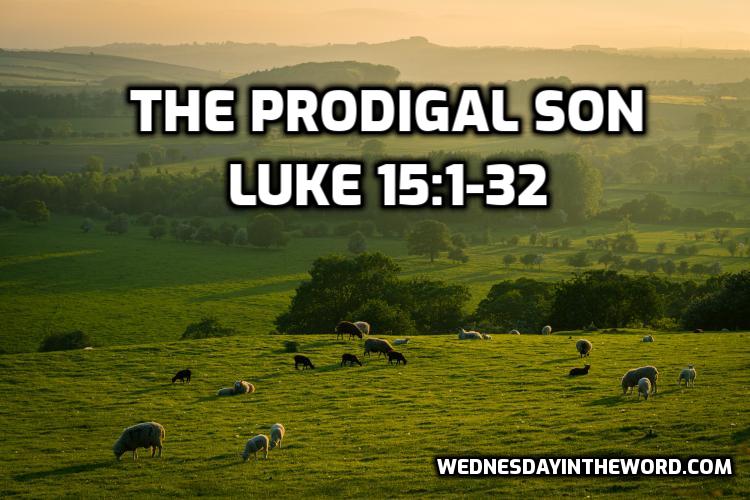Jesus tells the Parable of the Prodigal Son (along with the Parable of the Lost Sheep and the Lost Coin) in Luke 15 as his defense for associating with sinners (Luke 15:1-2). Table fellowship was a sign of friendship and acceptance. In that day, a nobleman might feed the needy as a sign of his generosity, but he did not eat at the same table with them. For Jesus to eat with sinners was to grant them honor, acceptance and brotherhood.
Joachim Jeremias in his book Theology of the New Testament explains it this way: “To understand what Jesus was doing eating with ‘sinners’ it is important to realize that in the east, even today, to invite a man to a meal was an honor. It was an offer of peace, trust, brotherhood and forgiveness; in short sharing a table meant sharing life (page 115).”
Further the Pharisees believed that repentance was a necessary work you did in order to gain the kingdom of God. While the already repentant were held in honor, the Pharisees viewed the unrepentant with disdain and made no effort to win them over. Tax-gatherers were despised not only because they exacted taxes from the Jews and paid it to the hated Romans, but also because they dealt daily with Gentiles which made them unclean “Sinners” were those who did not strictly follow the Law and they were scorned for not keeping ritually clean.
So the Pharisees grumble against Jesus because his behavior — in their eyes — was not appropriate to someone who keeps the law. These three parables are Jesus’ response.
Through the parables, he challenges their definition of repentance and raises the question: What should our attitude be towards repentant sinners and unrepentant sinners?
Please listen to the podcast for more detail and explanation.
Next: The Unjust Steward, Luke 16:1-8
Previous: The Good Samaritan, Luke 10:25-37
Series: Parables of Jesus
Photo by Illiya Vjestica on Unsplash

